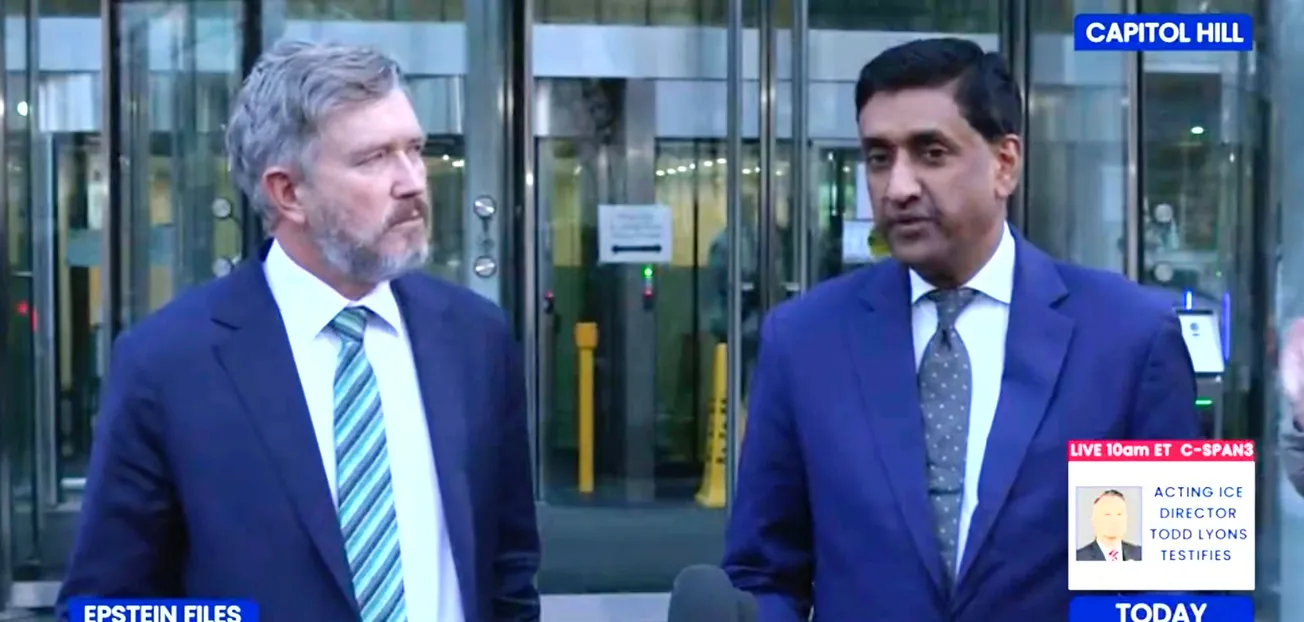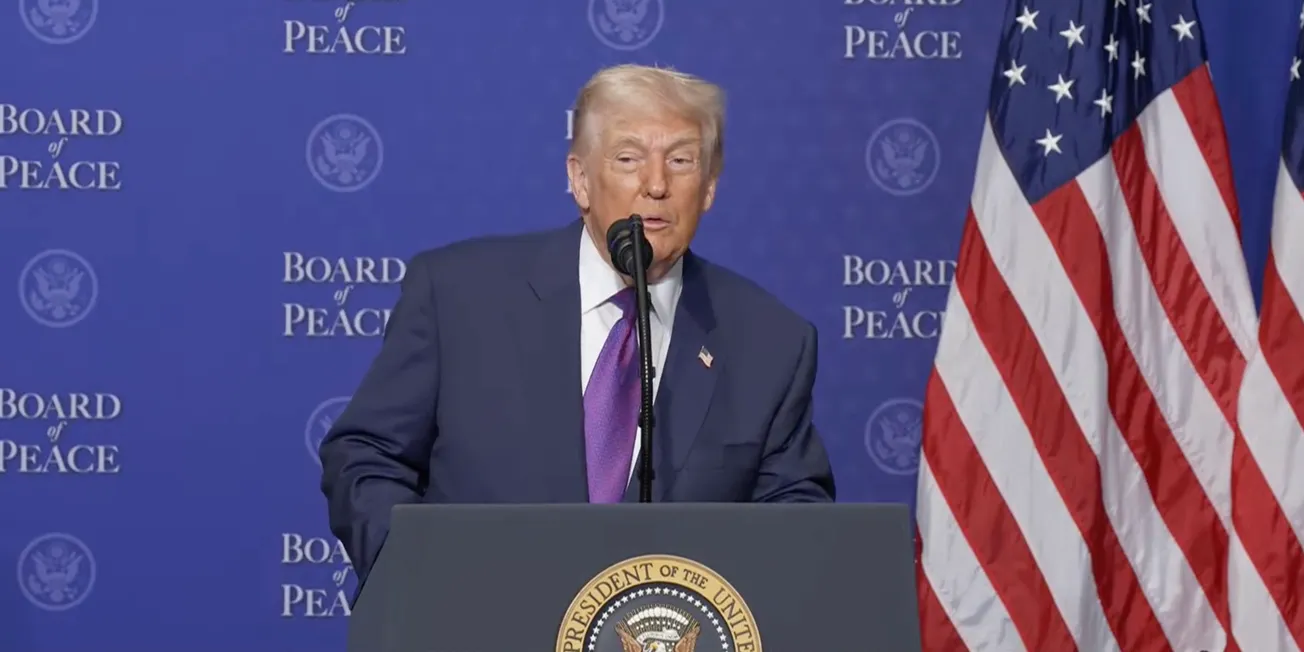Graham Fuller, a former CIA operations officer and vice-chair of the National Intelligence Council, issued an article Feb. 6 on his blog, titled “Washington Denies Reality of `Spheres of Influence’ – A New Pinnacle of Hypocrisy.” He quotes Antony Blinken’s recent orders to Russia that “spheres of influence should be relegated to the dustbin of history,” and, Fuller adds, “Take that, Putin!”
He then reviews U.S. history, starting with the Monroe Doctrine, which at least was an effort to prevent European colonial powers from destroying the Americas. But, he notes, this expanded into “manifest destiny,” soon spreading to Cuba, the Philippines, and “the rejection of any Japanese hegemony in the Pacific. He quotes Mexican President Porfirio Diaz: ”Poor Mexico, so far from God and so close to the United States.” But the real danger is the U.S. policy today. Fuller writes: “International politics can occasionally contest economic spheres of influence. But when it moves into the realm of military contestation or challenge, as the US is doing in Ukraine and Eastern Europe, or the desire to militarily encircle Russia, the game becomes far more dangerous. American spheres of influence are by definition not negotiable, although everyone else’s are. That is today most of what NATO is all about—Europe must have an “Atlanticist” geopolitical vision focused primarily on Washington’s needs, never a European vision. Europeans are sternly lectured if there is any talk of an independent European foreign. American hegemony in Europe is called NATO. And its future is in doubt.”
As to the future of Ukraine: “Let Ukraine, that sits on Russia’s very border as the former cultural center of the ancient Russian state, be hereby defined as neutral, a geopolitical pawn of neither East nor West. We cannot realistically deny a major sphere of influence to Russia there, only then to seek to place Ukraine under Washington’s own armed sphere of influence.”
Fuller reminds Americans what Napoleon (the first fascist) and Hitler did to Russia, and concludes: “Finally Washington would be well advised to abandon its own ideological crusade against Russia—its cold geopolitical power moves clothed in a ringing call for the `spread of democracy.’ `Democratization’ becomes a weapon against US enemies. Yet somehow Washington never really seeks to bring democracy to its authoritarian friends.”
Fuller will be a speaker at the Schiller Institute-Russian International Affairs Council conference on Feb. 10, on “The Humanitarian Crisis in Afghanistan – Toward a Long-term Solution.”





